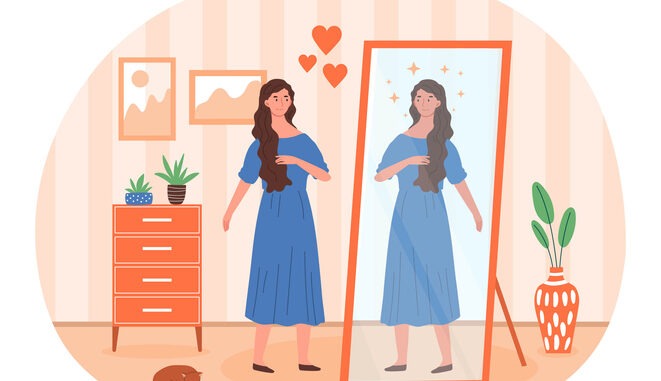
What is healthy selfishness and how it can help you?
Selfishness isn’t always bad. According to experts, selfishness can be healthy, while the selfless concern for the wellbeing of others – altruism – can become extreme and unhealthy.
‘Healthy selfishness’ refers to having a healthy respect for your own health, growth, joy, freedom and happiness. It can mean using boundaries to help you define and refocus on your needs and those of others. Setting boundaries means we can not only allow our focus to return to our own needs, but can also create the emotional ‘bandwidth’ to refocus on those that we love and care for.
What does healthy selfishness look like?
Healthy selfishness can be practised in a number of different ways. Some examples of healthy selfishness can include:
- Setting healthy boundaries.
- Making self-care a priority (meditation, healthy eating, exercising).
- Having self-respect and not allowing others to take advantage of you.
- Balancing your needs with the needs of others, rather than prioritising others over your own needs.
- Knowing when to give your time/energy/attention to others, and when to step back and recharge.
- Giving yourself permission to enjoy things without having to actively be helping or doing things for others.
- Taking care of yourself.
- Prioritising your own projects, wants and desires over the demands and wants of others.
You may already be practising healthy selfishness without even realising it. If you have a strong sense of self-worth, are proud of your accomplishments, feel competent, have a good overall sense of wellbeing and feel satisfied with life, it can be a sign that you are prioritising your needs.
Redefining what it means to be ‘selfish’
We have so many negative connotations with the concept of being ‘selfish’ that it’s no wonder we hesitate to do things for ourselves that could be seen in a negative light. However, sometimes, putting ourselves first is the best way to ensure we can give back to others. It can be helpful to remind yourself that:
- It’s OK to need alone time. Some people recharge around others while others recharge best by themselves. Acknowledging and meeting your own needs shouldn’t cause feelings of guilt or shame; it’s ok to step back, give yourself space, and recharge.
- It’s ok to need help. Ask for help when you need it (whether that’s because you’re stressed due to work, feeling overwhelmed by housework, or need a helping hand to deal with a family member).
- It’s ok to rest. We all need a break from time to time – physically, emotionally, or mentally. That could mean you need to set a firmer bedtime for yourself, take naps, or just have a break from other people and their demands. Resting is key to keeping a positive work-life balance.
- It’s ok to let go of relationships that no longer serve us. Sometimes, we drift apart from our romantic partners. Sometimes, our family relationships become toxic and draining. Sometimes, friendships take far more than they give. Setting boundaries with people who emotionally drain us or ending these relationships when they hold us back or do more harm than good can be a form of self-care and self-love.
When is it ok to be selfish?
Being selfish from time-to-time should be more acceptable and something we work towards normalising. If you struggle to recognise when practising healthy selfishness is right for you, it can be helpful to keep in mind moments where being a little bit selfish can give you a significant boost.
If you feel like you haven’t had any time to yourself, making time to do the things you love can significantly support your overall sense of wellbeing and boost your energy levels.
If you’re feeling burnt out, prioritising relaxation instead of overtime, taking on more responsibilities, or even completing general household chores can help you to feel rested, rejuvenated, and more prepared to face future challenges.
If you have taken a sick day, overcoming the sick day guilt, and focusing on getting better, releasing stress and tension – and looking after yourself – can help you to rest and recuperate that much faster.


Be the first to comment